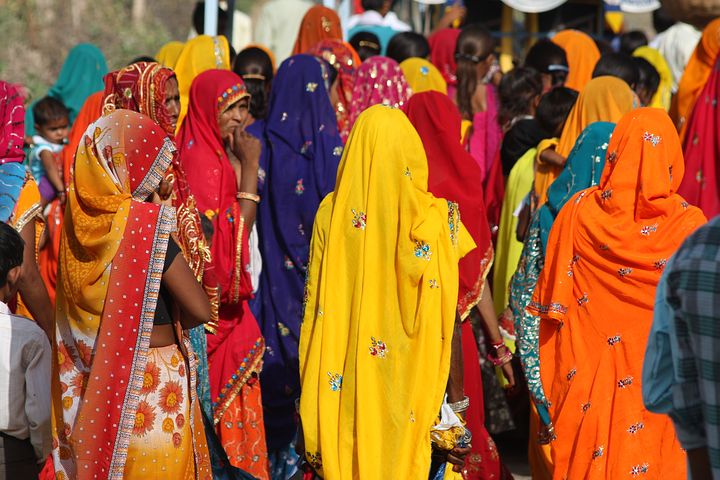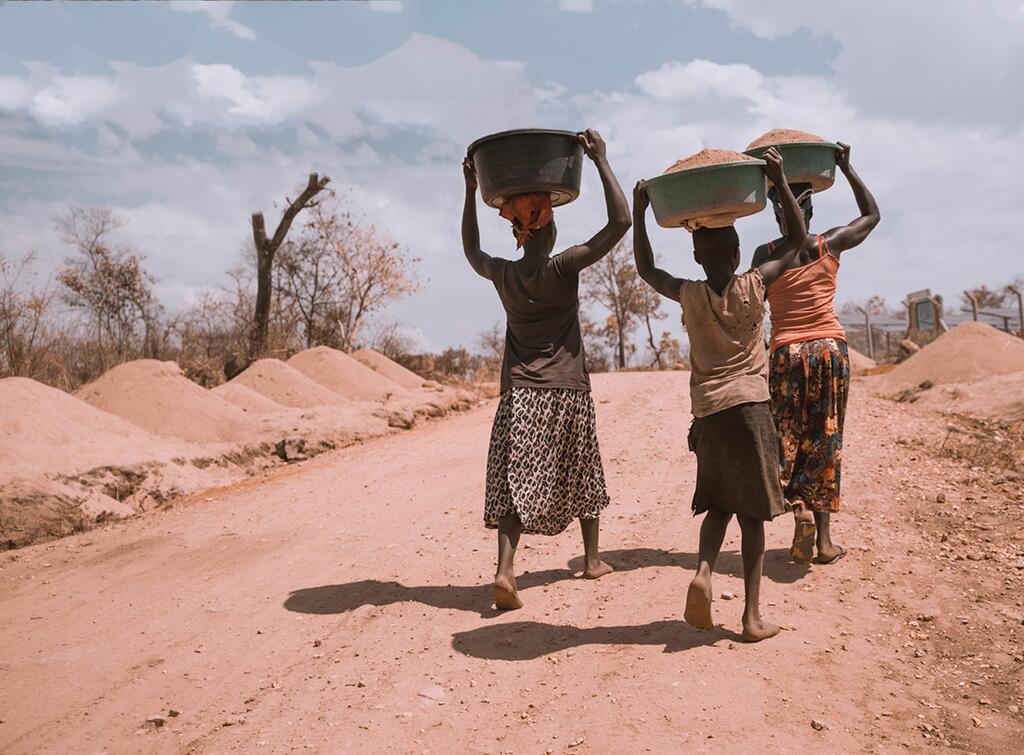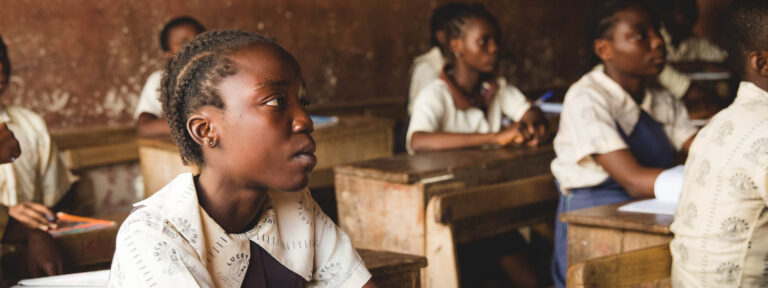
Family planning services still falling behind population growth
According to a new study, the number of women of reproductive age who wish to avoid pregnancy but who are not using any modern form of birth control is currently around 270 million and may remain this high in 2030 due to rapid population growth and slow progress in improving access.

The study, published in PLOS Medicine, argues that previous estimates of the number of women with an unmet need for modern family planning are conservative because they tend to be based only on surveys of women who are married or in union and do not account for variability between countries and over time. The paper claims to be the first to provide estimates and projections for all women aged 15-49 years.
Using data from 185 countries, the authors estimated contraceptive prevalence for 1990 to 2019 and projected changes up to 2030. They found that globally in 2019, approximately 270 million had an unmet need, up from 232 million in 1990. By 2030, this number is expected to rise to 272 million because family planning services are not keeping pace with rapid population increase in developing countries.
Family planning: a neglected global “priority”?
A landmark programme of action adopted at the 1994 UN population conference in Cairo aimed to prioritise individuals’ sexual and reproductive health and rights in development efforts, yet a shifting focus away from large-scale family planning programmes is thought to have hindered progress.
Family planning was largely absent from the Millenium Development Goals but reappeared in their 2015 successor, the Sustainable Development Goals (SDGs). Target 3.7 of the SDGs is to “ensure universal access to sexual and reproductive health-care services, including for family planning, information and education, and the integration of reproductive health into national strategies and programmes” by 2030. One of the key indicators for this target is the proportion of women of childbearing age who have their family planning needs satisfied by a modern method. Currently standing at 76%, the global figure is projected to increase only slightly to 77% by 2030.
Running to stand still
The unmet need for contraception is particularly high in Middle and Western Africa, where less than half of women have their demand satisfied. The study points out that the number of women of reproductive age in developing countries is projected to increase by more than a third by 2030 and notes that
“This will create challenges to expand family-planning services fast enough to fulfil the growing need for family planning and will likely generate additional development-related challenges associated with rapid population growth.”
The authors support recent calls for increased investment in family planning, especially in the most vulnerable countries with low contraceptive prevalence and a rapidly increasing population. Sustainable development cannot be achieved without much greater efforts to advance gender equality and reproductive health services. International recognition of the severity of the population issue and willingness to tackle it through positive means is key to solving humanity’s greatest challenges.


